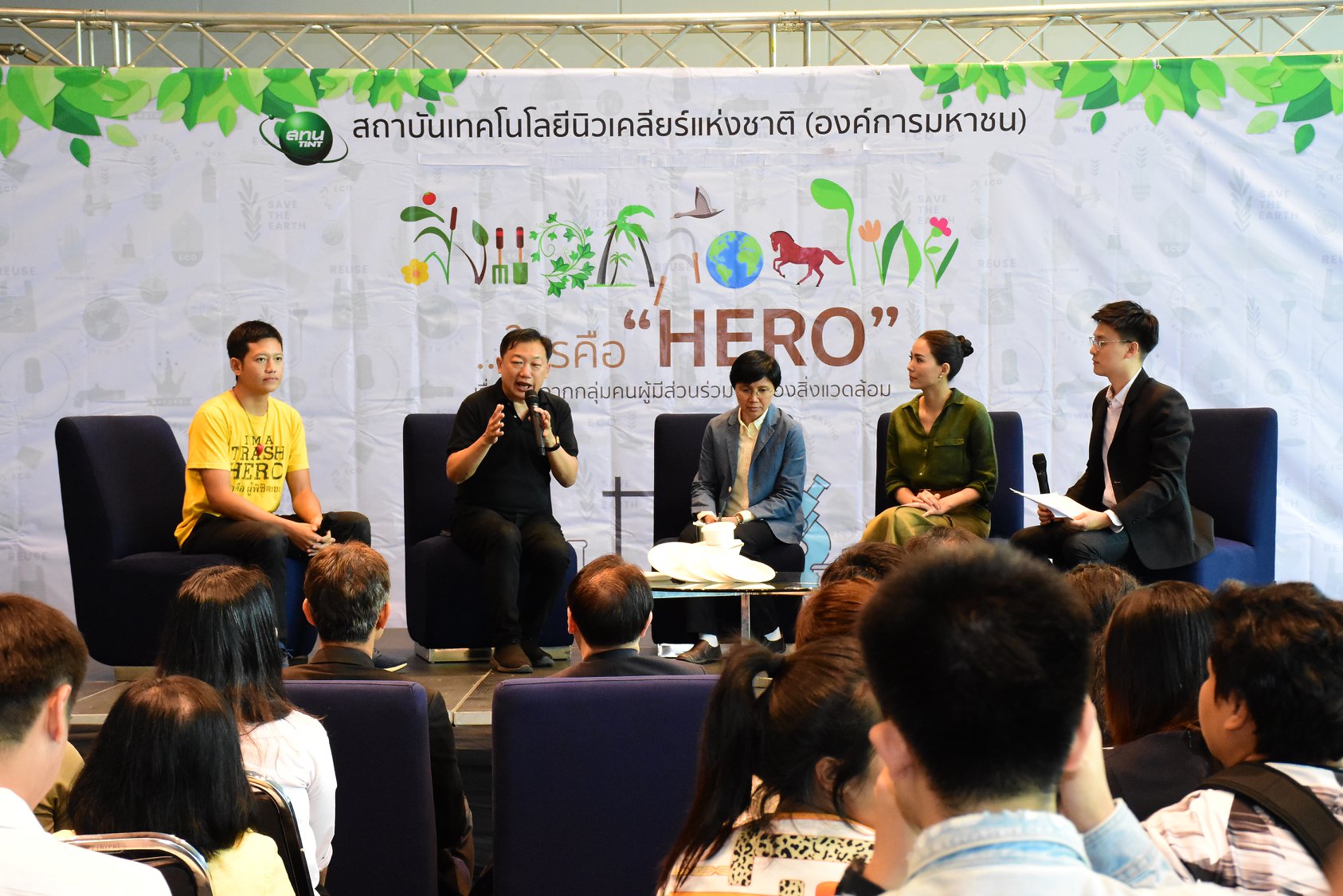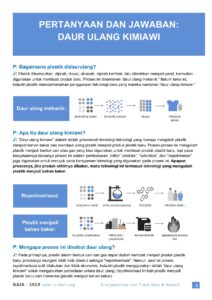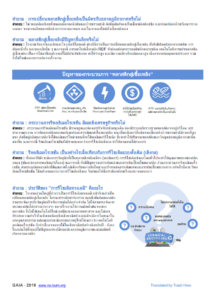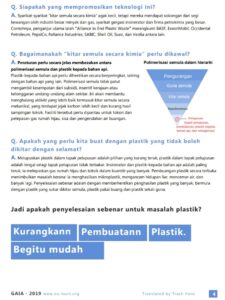As Trash Heroes, our regular cleanups make us very visible in the community. Our volunteers often find themselves invited to meetings, panel discussions or talks about waste management. Trash Hero World is committed to ensuring they are armed with the best possible knowledge about the plastic crisis and how to solve it. In this way, they become more able to influence both their local community and decision-makers.
To this end, we have:
- started a series of “Zero Waste Communities” workshops in Southeast Asia (more about these will be published in a separate post),
- updated our Chapter Handbook (a training guide for all volunteers) to include a simple overview and assessment of some commonly proposed “solutions” to plastic pollution,
- created a free, multilingual resource library on our website to gather information on the various topics and debates surrounding the issues and
- started to translate some of the existing materials into local languages to allow them to be spread more widely
Our first set of materials, a factsheet on chemical recycling, produced by the experts at GAIA, has just been published in Indonesian, Malaysian, Thai, Arabic and Czech language.
Indonesian PDF –> Daur Ulang Kimiawi
Malaysian PDF –> Kitar semula kimia
Thai PDF –> คําถามและคำตอบเกี่ยวกับการรีไซเคิลทางเคมี
Czech PDF –> Chemical Recycling (Čeština)
Arabic PDF –> أسئلة و أجوبة: إعادة التدوير كيميائياً
Chemical recycling was chosen as it is a “hot topic” and one that is frequently misrepresented. Information about such new technologies is often only available in English, making them difficult to understand and refute in the low and middle income countries where we are active – and where they are aggressively marketed.
This factsheet explains in simple terms why chemical recycling is not a silver bullet solution to plastic pollution as is claimed. In a society that urgently needs to transition from a linear, fossil fuel economy to a circular one, chemical recycling is a distraction at best. It suggests to focus resources on solutions that actually work, particularly those that stop the problem at the source.
Our goal is to do more of this translation and education work. We believe it is a valuable tool to counter industry misinformation at the grassroots and beyond.





Join the conversation